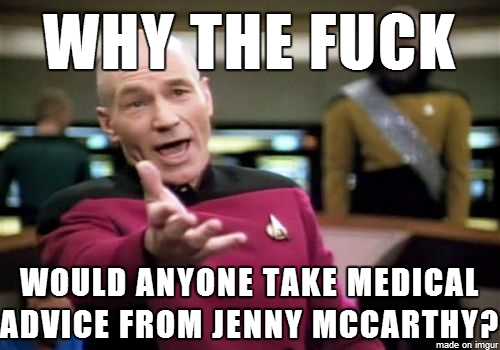What I’m Reading – April 30, 2017
Written by Ashley Kelmore, Posted in What I'm Reading
Horrific Legislation and Executive Action
“Republican legislators liked this policy well enough to offer it in a new amendment. They do not, however, seem to like it enough to have it apply to themselves and their staff. A spokesperson for Rep. Tom MacArthur (R-NJ), who authored this amendment, confirmed this was the case: Members of Congress and their staff would get the guarantee of keeping these Obamacare regulations. Health law expert Tim Jost flagged this particular issue to me.” Republicans exempt their own insurance from their latest health care proposal (by Sarah Cliff for Vox)
Racism
“I’m not sure how many editors laid eyes on this piece before it was published, but if the goal of AJC’s project is to show how tone-deaf and insulting white people can be when they make observations about black people, they hit the mark with this one.” I, a White, Rode the Train With Blacks 1 Day, and It Was Crazy: An Atlanta-Newspaper Reader Writes on Race (by Monique Judge for The Root)
Education
“It appears that we are facing a perfect storm where free speech and real debate are no longer possible. One way of countering this culture is to stop relying on student evaluations to assess nontenured faculty. If we want teachers to promote open dialogue in their classes, they should not have to be afraid that they will lose their jobs for promoting the free exchange of ideas. Therefore, we need to rely more on the peer review of instruction, and we have to stop using the easy way out. In short, we have to change how nontenured faculty members are evaluated.” Professional Insecurity in a Fraught Environment (by Robert Samuels for Inside Higher Ed)
Misogyny
“No matter how many people who have worked with or for her speak about how kind she is, no matter how many average people publicly share stories of the ways in which she’s generously gone above and beyond to help them, no matter how remarkably few negative interpersonal stories there are about a person with a decades-long political career, no matter how perfectly pleasant and decent a person she seems in her public appearances, the assumption is always that she is secretly a monstrous she-devil.” On Who Gets to Be Likeable (by Melissa McEwan for Shakesville)
“It isn’t just infuriating to watch Democratic men push this critical issue to the sidelines at such a dire time; it’s inherently sexist. After a woman failed to shatter the proverbial glass ceiling, some Democratic men are content to simply walk away from a key issue in our lives? After November, our health and rights no longer matter? That’s sure what it feels like.” Bernie Sanders’ Actions Show He Values Votes More Than Women (by Lauren Rankin for Allure)
Criminal Punishment System
“Prosecutors and a lawyer representing the estate of the inmate, Terrill Thomas, say that correction officers turned off the man’s water supply in an isolation cell in April 2016, and that he was unable to ask for help because he was having a mental health crisis. He died on April 24, 2016.” Milwaukee Inmate Died After Being Deprived of Water for 7 Days (by Daniel Victor for the New York Times)





